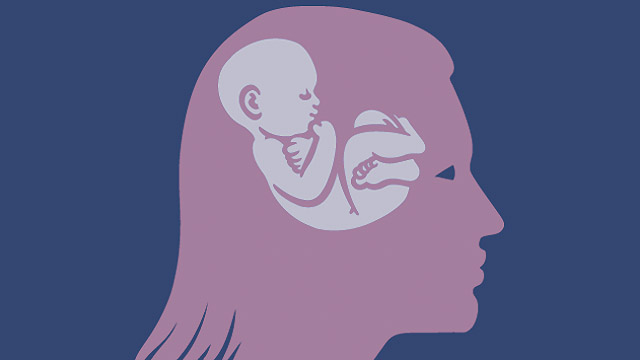
Psychological Effects of Having an Abortion
Although public morals have become more flexible and
indulgent in the 21st century compared to previous epochs, there are still
questions and moral problems that are difficult to evaluate and treat without
bias. Abortion is one of such issues; although many progressive people have
nowadays become more tolerant to abortion, there are still many arguments—apart
from public opinion—that speak against this procedure. In
particular, abortion causes severe psychological and emotional damage to a
woman who has undergone this surgery.
One of the most common dangers awaiting
women who have committed an abortion is post-abortion syndrome (PAS). It is a
complex of emotional and psychological symptoms connected with the traumatizing
experience of terminating pregnancy. The most common PAS symptom is the
sensation of guilt, connected to recognition of an abortion as a murder; at the
same time, according to studies, about 70% of women who have had abortions
disapproved of abortion in general, but tended to think of themselves as
exceptions. Anger is another common emotion for women who have undergone an
abortion. Usually, this anger is directed at oneself when completing an
abortion, and/or other people involved in making a decision about the abortion,
such as spouses or relatives; however, this anger may be also directed at the
woman’s current or future children. Broken relationships, psychological
numbing, and depression are also a part of PAS (Leadership U).
The post-abortion
syndrome with its symptoms is not the only danger that possibly awaits
women who have decided to terminate their pregnancies; there are other
emotional and psychological problems that are not necessarily included into
PAS. For example, a woman who has undergone an abortion procedure may
develop such persistent symptoms as shame, a sense of isolation, a loss of
self-confidence and/or trust in other people, nightmares, insomnia, anxiety,
loneliness, and suicidal thoughts. As an unpleasant bonus, these symptoms
can be accompanied with various eating disorders (American Pregnancy
Association).
Post-abortion women often develop
defensive mechanisms, allowing them to cope with stress caused by abortion; one
of them is repression, which manifests itself as ignoring or suppressing
emotions. This leads to various psychosomatic illnesses, deviated
behaviors, and other conditions requiring psychiatric assistance. According to
a study conducted in Canada throughout five years, women who had an abortion
tend to seek psychiatric help much more often than those who did not terminate
pregnancy—25% versus 3% respectively. Teenagers, divorced or lonely women, and
those who had more than one abortion are especially vulnerable, tending to need
psychiatric care most often (AfterAbortion).
Terminating pregnancy is a serious
procedure that causes harm not only to a fetus, but to a would-be mother as
well. Apart from possible physiological risks, women who have undergone an
abortion tend to have severe emotional and/or psychological problems. Among
these problems are the post-abortion syndrome; a wide range of such problems as
persistent shame, insomnia, eating disorders, anxiety, and suicidal thoughts;
psychosomatic illnesses, deviant behaviors, and other symptoms requiring
psychiatric help. All this proves that abortion is not a choice one should
consider.
ไม่มีความคิดเห็น:
แสดงความคิดเห็น